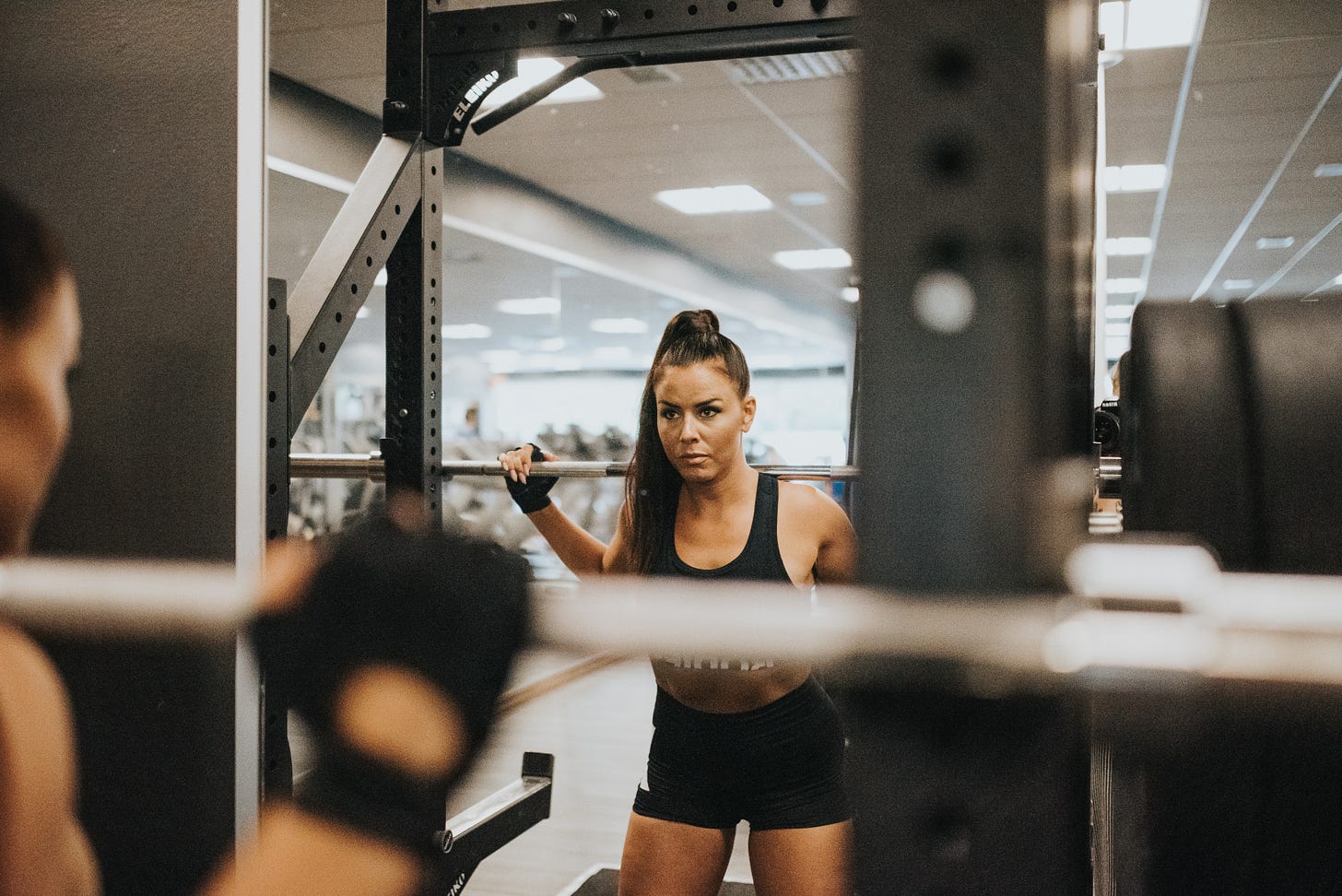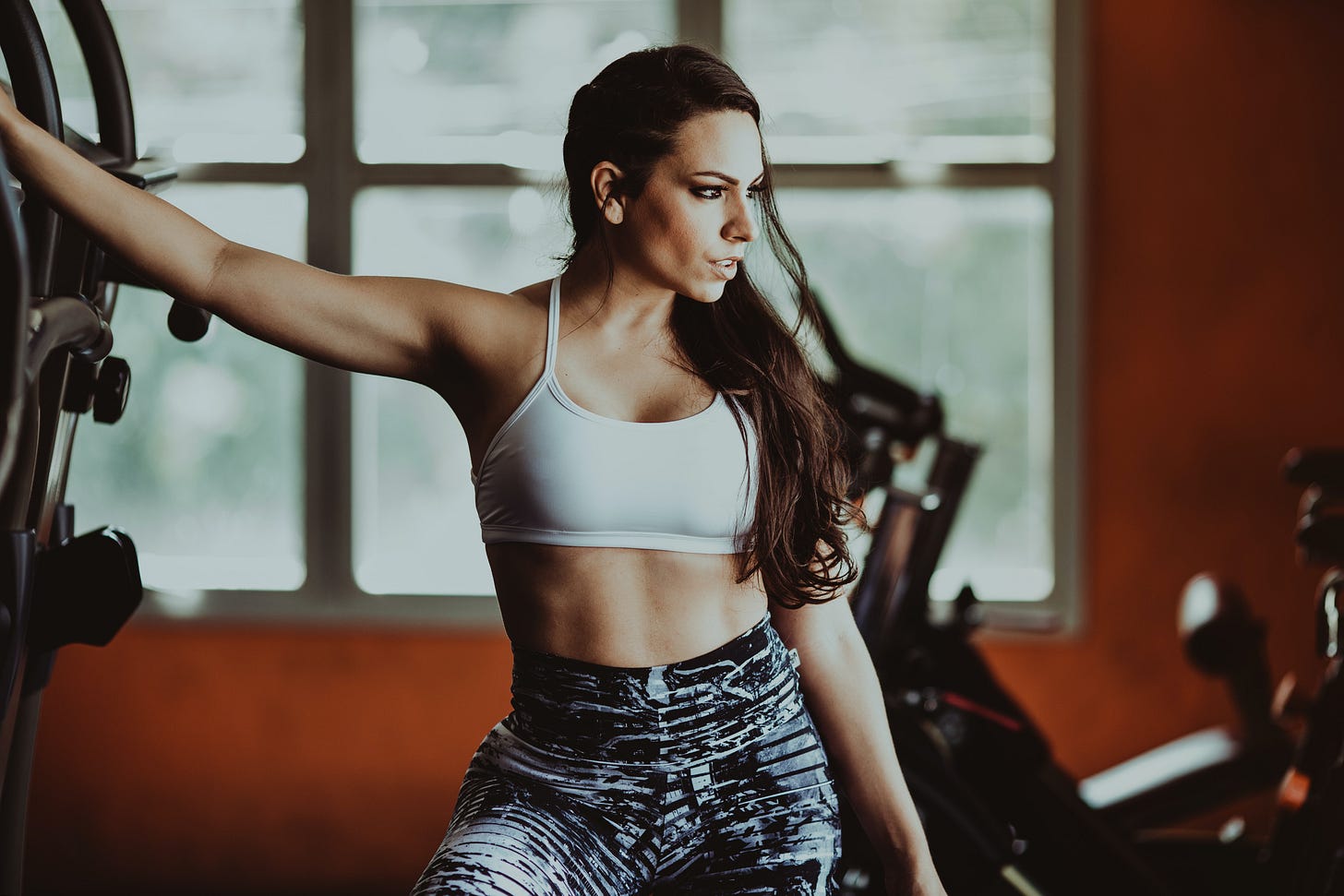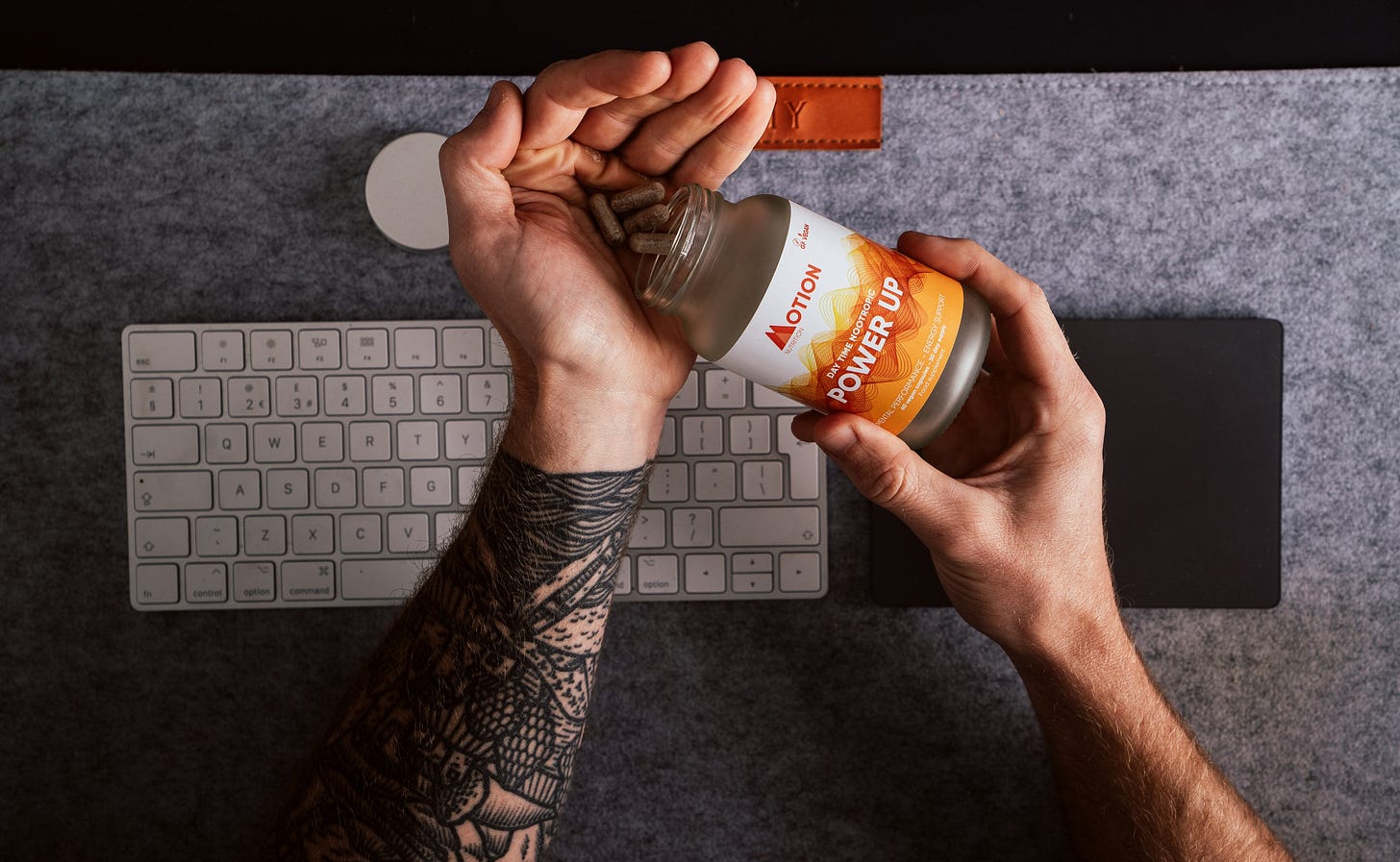Do you wonder about the life of the jocks you see in the gym? Do you still think there's no place for women in bodybuilding? Still trust the bloggers on social media? It's time to find out the truth.
If you like this issue and want to get more from Humber Views in your inbox, please subscribe.
Muscles and power: human right or gender privilege?
The fitness industry has always been competitive, rife with exaggerations and stereotypes. For women interested in powerlifting and bodybuilding, the pressure and judgement can be very challenging — even if some of the stereotypes are not relevant anymore. Women have been judged just because they have muscles. They constantly hear threats about what diets and intense exercises can do to their bodies.
Over the years, hurtful, misleading, and sometimes ridiculous stereotypes have prevailed in the society. It would seem that a lot has changed since then: numerous examples of female bodybuilders performing on stage are still breaking gender-based barriers. However, the prejudices are still there.

Keara Sutherland and Benjamin Yeung joined me to talk about this issue. As people with a fitness background, they discuss the accuracy of the industry's most common stereotypes and analyze how the image of a woman in bodybuilding has changed throughout the years.
‘Harmless’ supplements and other myths
Social media has brought everything into a new focus. The fitness industry has become a great source of income for social media influencers. By publishing perfectly-photoshopped pictures and writing multiple inspiring 'Everything is possible' kind of posts, some influencers have managed to turn their audiences into an extremely profitable business. They endorse and sell various types of food supplements, vitamins, and even performance-enhancing drugs, positioning these as magical pills to help users achieve the body they desire so much.

Both Keara and Benjamin work in Ottawa's Cancer Research Institute: Ben has a Ph.D. in molecular biology, and Keara is a Master’s student studying microbiology and immunology. Reflecting on modern science and their personal experience, they talked about the danger of the flourishing influencer market. They also revealed the potential harm of using chemically-stuffed supplements without a proper understanding of how the human body works from a medical perspective.
“You can order everything online, it is not regulated in any way… Supplements are not drugs, and as an influencer, you should understand there are lots of children and even adults, not educated on this topic. Let them know these are not magic pills. You need to understand the responsibility, properly educating yourself and others.”
- Keara & Benjamin

Keara and Ben bring these issues to the light, in simple words explaining how these so-called safe pills, supplements, vitamins and diets affect our bodies. They provide insights from the fitness and medical industries, giving simple tips that will help social media users to pick up sense from nonsense and make more informed decisions in the future.
Related Reading
Dietary supplements send more than 23,000 people to the ER each year - A very important piece by Washington Post exposes the alarming statistics about the effect that the unregulated market of diet pills and food supplements has on consumers.
Most dietary supplements don’t do anything. Why do we spend $35 billion a year on them? - An article reveals that supplements do not carry any benefits and no independent scientists cannot defend the dietary supplements industry in this matter. Members of leading American health institutions explain why society is misled, stressing that the FDA does not regulate supplements in the same way as drugs, encouraging people to pay attention to the FDA's regulations and processes.
The State of Influencer Marketing - A piece that explains the modern stats and trends of the influencer market & its popularity within businesses, revealing the most popular platform for this type of marketing.
How Asia's Female Bodybuilders Are Smashing Gender Stereotypes About Body Image - An engaging article published by Forbes, where female bodybuilders share their stories and unique takes on the issue of offensive stereotyping and the ways social media adds to the stigma.
About the author:
For the last three years, Krystyna Shchedrina has been studying journalism at Humber College, pursuing a career as a lifestyle & entertainment reporter. She is passionate about photo, video and audio production. Other than that, Krystyna is interested in medicine, psychology, and is currently learning a fourth language. You can reach her through her website or follow her on Twitter: @KShchedrina.













